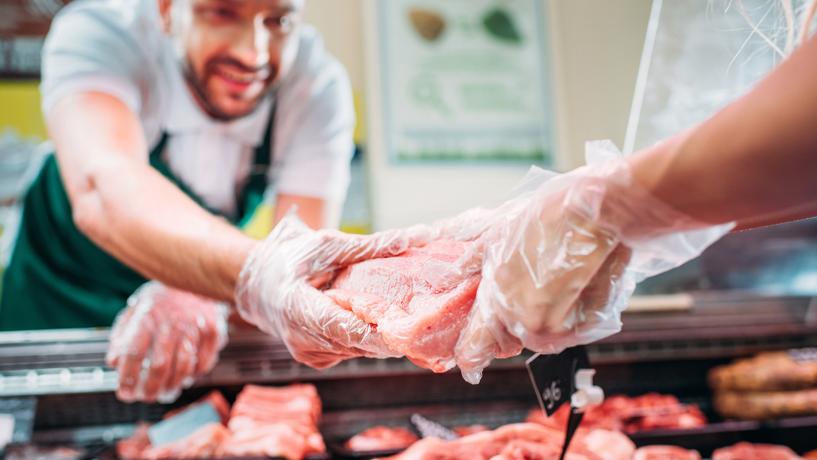
Australian Food Safety Week will be held from November 14-21 this year, and the theme for this is ‘Food safety — it’s in your hands’. The theme for this year aims to bring focus to the safety protocols that have been put in place due to the COVID-19 pandemic and how these measures are beneficial for food safety as well. There is also a significant focus on helping youth to understand food safety in order to benefit their health as well as their employment opportunities in the food industry.
Take action to prevent food-borne illness
Every year in Australia there are approximately 4.1 million cases of food-borne illness. In some cases, the symptoms are simply uncomfortable, where as in other cases people become severely ill and some even die. This is particularly true for those who are in high-risk groups, such as elderly people, children, pregnant women and immunocompromised people.
Just as Australians have taken great steps to protect vulnerable people from COVID-19, people must also take action to prevent food-borne illnesses that also put our most vulnerable at risk. There are specific areas that everyone can focus on and take action to ensure food safety and avoid food-borne illnesses:
Cleaning and sanitising
Proper and consistent hand washing not only helps prevent the spread of the coronavirus, but it is also an essential measure to reducing food-borne illnesses in Australia. Washing hands properly with warm, running water and soap helps kill bacteria and viruses that may be lurking on hands, which can easily contaminate food and surfaces.
Proper cleaning and sanitising of surfaces is also essential to reducing harmful pathogens and preventing food-borne illnesses. This is especially beneficial as Australia continues to tackle the spread of COVID-19 and reduce cases.
Time and temperature control
Other important actions to take to prevent food-borne illness include ensuring proper time and temperature control of food. Food must be keep frozen or refrigerated at the proper temperatures in order to prevent the growth of harmful pathogens. Also, food must be cooked to the proper internal temperature based on the type of food in order to kill harmful pathogens or reduce them to an acceptable level.
Storage and contamination prevention
The correct storage of food is essential to reducing food-borne illness incidents. Food should be stored in proper containers that are labelled and dated. FIFO (first in, first out) principles for food storage must always be adhered to. Potentially hazardous foods such as raw meat, eggs and seafood, should always be stored in a way that they will not contaminate other foods. Preventing the cross-contamination of food is key to preventing food-borne illnesses.
Not working while sick
Even before the COVID-19 pandemic, it was important for food workers to not come to work if they were sick. Today, this is even more important as Australia and the world work to prevent the spread of the coronavirus. It is essential that food workers continue to not report to work if they are sick, or to inform management right away if they fall ill while working. It is very easy for an ill food worker to pass along illnesses such as gastroenteritis or COVID-19.
All of the above are actionable steps that Australian food businesses can and must take in order to reduce food-borne illness incidents. Many of these steps also work to continually combat the spread of the coronavirus which has had a significant impact on the food industry this year. What Australians do today will have a direct effect on the country’s health and safety in the long run.





